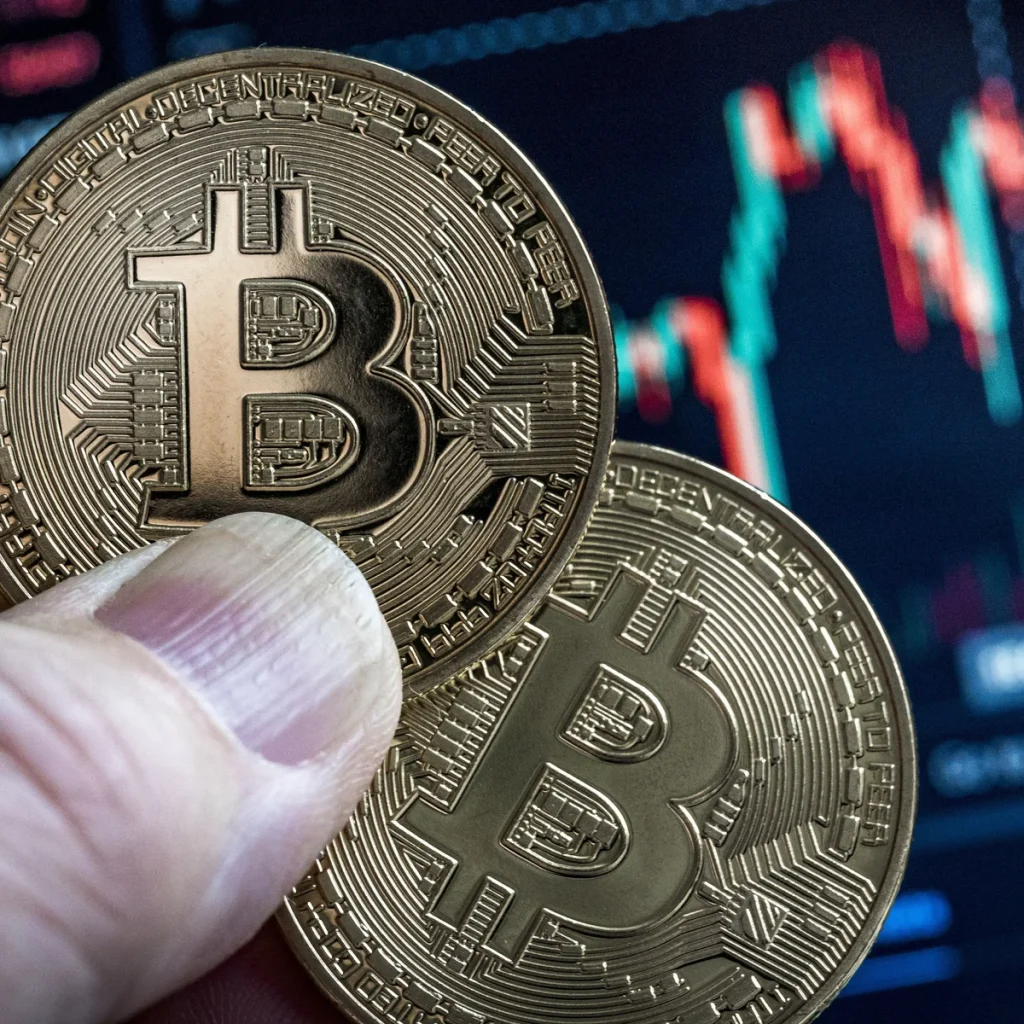In today’s fast-paced digital world, modern investors are increasingly turning to cryptocurrency as a means of diversifying their portfolios and tapping into the potential of blockchain technology. To facilitate this shift, trusted cryptocurrency exchange solutions have emerged as vital tools, offering users a secure, transparent, and user-friendly platform to trade digital assets. These exchanges provide a gateway for both seasoned investors and newcomers to access a wide range of cryptocurrencies, from the well-established Bitcoin and Ethereum to newer altcoins with promising use cases. Security is paramount when dealing with cryptocurrencies, and reputable exchanges employ robust measures to protect user funds and data. Advanced encryption protocols, multi-factor authentication, and cold storage for the majority of funds are standard features. These practices help mitigate the risk of hacks and theft, ensuring that assets are safe from unauthorized access. Additionally, exchanges often implement regular audits by third-party firms to verify their security protocols and safeguard user trust. By prioritizing security, these platforms instill confidence in users, allowing them to trade without fear of losing their investments to cybercrime.

Beyond security, user experience plays a crucial role in the adoption of cryptocurrency exchanges. A seamless and intuitive interface can make all the difference for new investors who are navigating the often-complex landscape of digital currencies. Effective customer support is also a key factor, providing assistance to users when issues arise. Whether it is recovering a forgotten password, verifying identity for regulatory compliance, or understanding complex trading strategies, responsive customer service can enhance the user’s journey on the platform. By focusing on user experience, cryptocurrency exchanges help demystify the process of trading and investing, fostering a broader acceptance of digital assets. The rise of cryptocurrency exchanges has also introduced new opportunities for wealth building through various investment strategies. From spot trading and margin trading to staking and yield farming, these platforms offer a range of options for users to grow their portfolios.
Regulation and compliance are increasingly important for the credibility of cryptocurrency exchanges. As the industry matures, governments and financial regulators around the world are developing frameworks to oversee these platforms and protect investors from fraudulent activities. Reputable exchanges comply with these regulations, implementing know-your-customer KYC protocols and anti-money laundering AML checks. This not only enhances security but also builds trust with users, as they can be confident that their transactions are being conducted within a legal framework. By adhering to these standards, exchanges contribute to the legitimacy and sustainability of the cryptocurrency market, ensuring it remains accessible to a broader audience. The crypto exchanges landscape is continually evolving, and the role of exchanges will be critical in shaping its future. They act as bridges between traditional financial systems and the digital economy, providing liquidity and access to a global market. As new technologies, such as decentralized finance DeFi and non-fungible tokens NFTs, gain traction, exchanges are adapting to offer support for these emerging trends. Their ability to innovate while maintaining security and regulatory compliance will be key to their long-term success.






